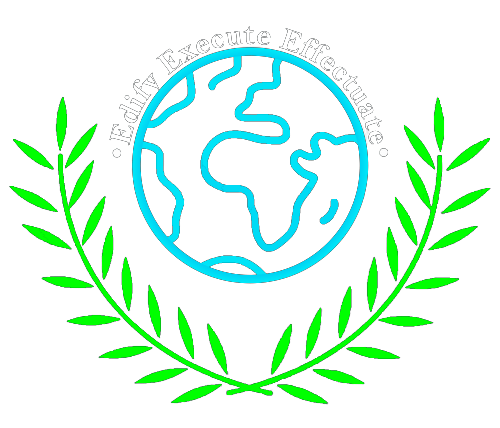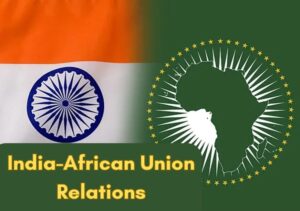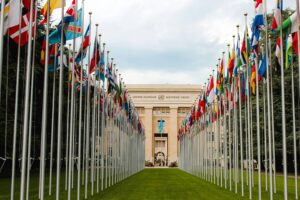The Sustainable Development Goals (SDGs) set forth and adopted by the United Nations in 2015 are essentially the blueprints for achieving or bringing about world peace, prosperity, and environmental sustainability. The specific focus of the 2030 Agenda, however, is to put such agreements into action, demanding international cooperation in several areas such as poverty and economic disparities, climate change, and governance.
While global partnerships under SDG 17 regarding mobilization of resources, requisite channels of knowledge exchange, and economic collaboration are really good, it makes use of very poor tools such as Official Development Assistance (ODA) and South-South cooperation that one can see their heads hanging low in terms of innovation and infrastructural development of poor countries. Not that they do not have the potential to take these facilities to greater heights; they have the potential, although cut down by the following factors: financial disparity, political instability, and governance inefficiency. WTO has a major role in the integration of trade policies with the SDG objectives, but this integration needs to be overhauled to meet future sustainability imperatives.
Though remarkable progress has been made in areas of poverty alleviation, education, and renewable energy, enormous challenges such as financing gaps, weak governance, and fragmented policy implementation persist. Strengthening institutional frameworks and participation and making promises stand up in the cash are all necessary for achieving the 2030 Agenda. This article, through various visions, evaluates whether or not the SDGs and its member institutions have led to effective global partnerships through institutional and financial mechanisms and policy frameworks.










